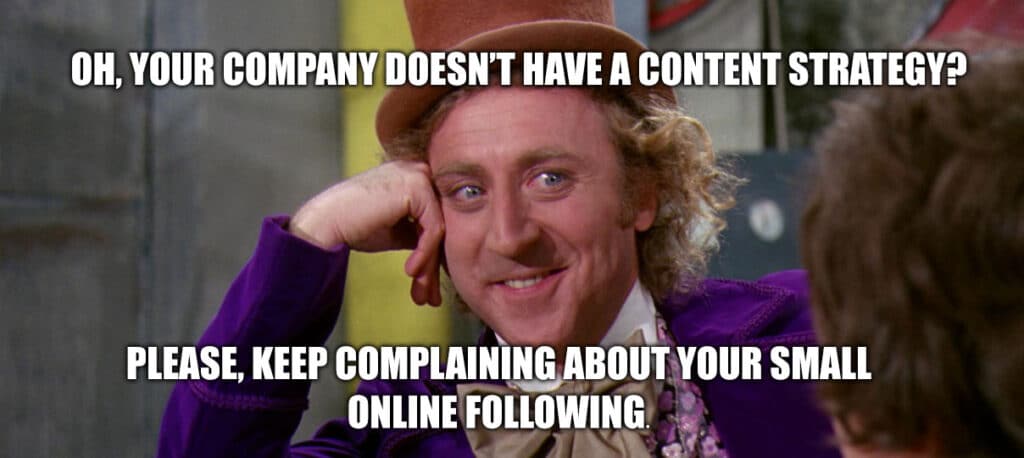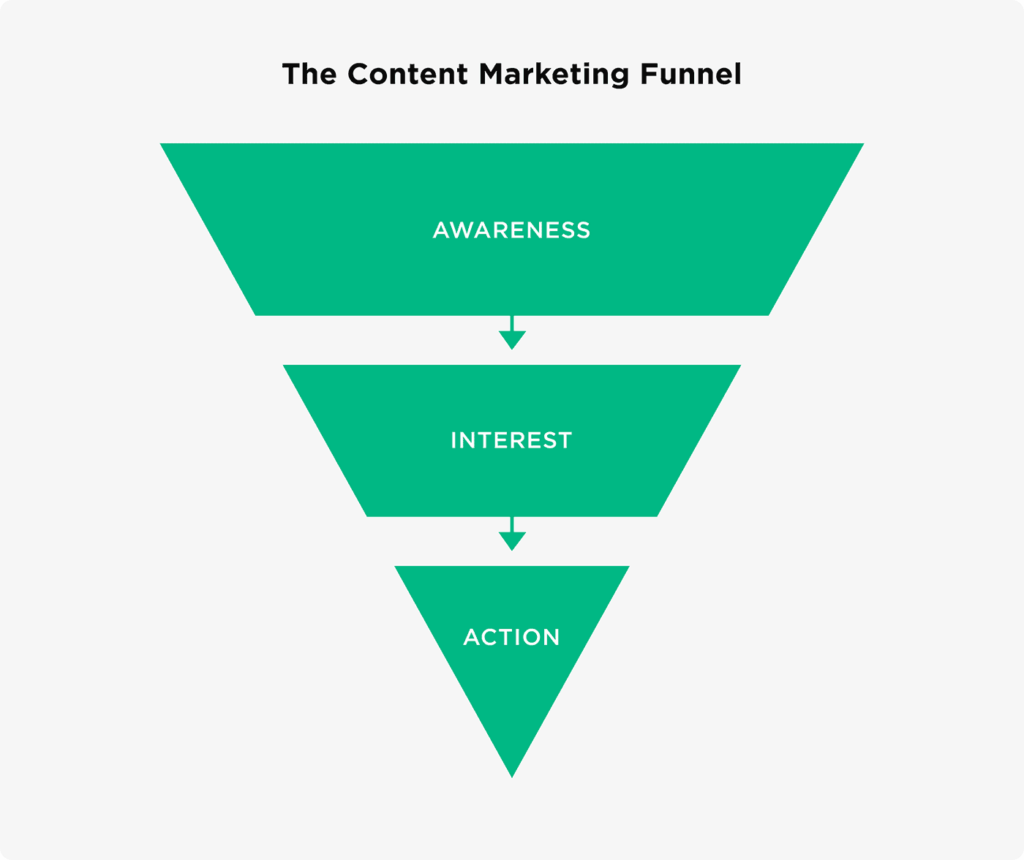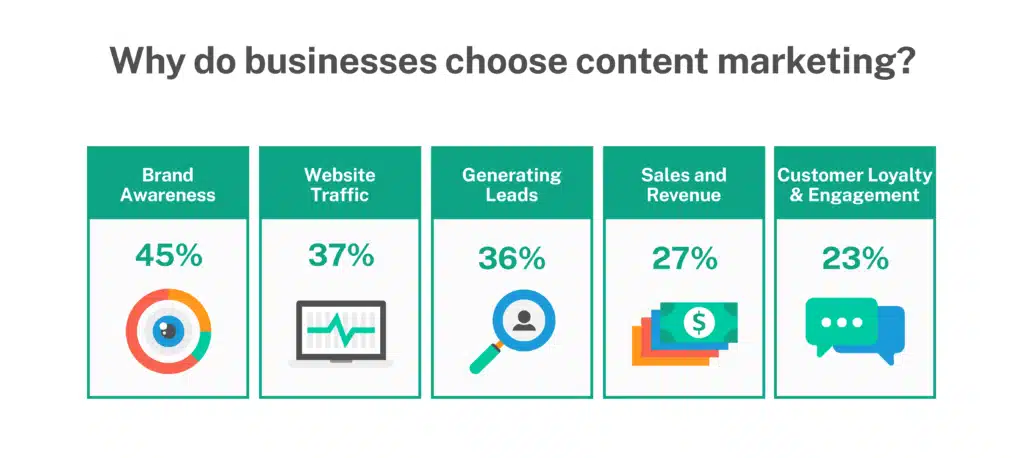
- Content Marketing, Search Engine Optimisation, Content for SEO
Recent articles
our mailing list
Leveraging Content Marketing for SME

Content marketing has become a cornerstone of successful business strategies, especially for small and medium-sized enterprises (SMEs). By developing a robust content marketing strategy, SMEs can significantly enhance their visibility, engage with their audience, and drive business growth. This comprehensive guide will explore various marketing strategies for small businesses and medium businesses, focusing on SEO content marketing, a key SEO strategy, and provide actionable content marketing tips for small businesses.

The Importance of Content Marketing for SMEs
In an age where consumers are constantly bombarded with information, standing out requires more than just traditional advertising. Content marketing is about creating valuable, relevant, and consistent content to attract and retain a clearly defined audience. Here’s why content marketing for small businesses is essential:
Building Brand Awareness
Creating and sharing high-quality content from SMEs helps in establishing brand presence and recognition. When customers see valuable content consistently, they start associating that quality with the brand itself.
Enhancing Customer Engagement
Content marketing fosters a two-way communication channel. It allows businesses to engage with their audience through comments, shares, and feedback, building a community around the brand.
Driving Conversions
Effective content marketing guides potential customers through the sales funnel by providing the information they need at each stage. This increases the likelihood of conversions and boosts sales.
Improving SEO Performance
SEO content marketing involves optimising your content to rank higher in search engine results, making it easier for potential customers to find your business online.
Developing a Content Marketing Strategy for SME
Creating a successful content marketing strategy for a small business requires careful planning and execution. Here are the key steps:
1. Define Your Goals
Start by identifying what you want to achieve with your content marketing efforts. Common goals include increasing website traffic, generating leads, improving brand awareness, and boosting customer engagement.
2. Understand Your Audience
Knowing your target audience is crucial. Conduct market research to understand their needs, preferences, and pain points. This information will guide your content creation process.
3. Create a Content Calendar
Plan your content in advance by developing a content calendar. This ensures consistency and helps you stay organised, allowing you to publish content regularly.
4. Focus on Quality
Prioritise quality over quantity. High-quality content is well-researched, informative, and engaging. It should provide real value to your audience.
5. Diversify Your Content
Use a mix of content types to keep your audience engaged. This can include blog posts, videos, infographics, podcasts, and social media updates.
6. Optimise for SEO
Incorporate SEO content marketing techniques to improve your content’s visibility on search engines. Use relevant keywords, meta descriptions, and internal linking to enhance your content’s SEO performance.
7. Promote Your Content
Use various channels to promote your content, including social media, email marketing, and guest blogging. This will help you reach a wider audience and drive more traffic to your website.
8. Measure and Analyse Results
Track the performance of your content using analytics tools. Measure key metrics such as traffic, engagement, and conversions to understand what works and what doesn’t. Use this data to refine your content marketing strategy.

Types of Content to Create As An SME
Creating effective content marketing ideas is crucial for engaging your audience and driving business growth. It’s not just about producing content; it’s about generating ideas that resonate with your target audience and align with your business goals.
To help you brainstorm and execute successful content marketing campaigns, we’ve compiled a variety of strategies that can inspire and guide you. These ideas are designed to maximise your reach, boost engagement, and establish your brand as an authority in your industry.
Here are some innovative and practical content marketing ideas for your small business:
Educational Blog Posts
Create blog posts that provide valuable information and solve problems for your audience. Educational content can establish your brand as an authority in your industry.
Customer Success Stories
Share success stories from your customers. This not only highlights the value of your products or services but also builds trust with potential customers.
Behind-the-Scenes Content
Give your audience a peek behind the scenes of your business. This can humanise your brand and create a deeper connection with your audience.
Interactive Content
Create interactive content such as quizzes, polls, and surveys. Interactive content can increase engagement and provide valuable insights into your audience’s preferences.
Seasonal Content
Tailor your content to reflect seasonal trends and events. Seasonal content can attract more attention and drive higher engagement.
Overcoming Common Content Marketing Challenges
Content marketing can be highly effective, but SMEs often face several challenges that can hinder their success. Here are some common obstacles and strategies to overcome them:
Limited Resources
Many small businesses operate with tight budgets and limited staff, making it challenging to produce high-quality content consistently.
Strategy:
- Prioritise Quality Over Quantity: Focus on creating fewer but higher-quality pieces of content that provide real value to your audience.
- Leverage Freelancers and Agencies: Consider hiring freelancers or partnering with content marketing agencies to fill in the gaps.
- Use Free Tools: Utilise free or affordable tools for content creation, such as Canva for graphics or Grammarly for editing.
Time Constraints
Time is a precious commodity for small business owners who juggle multiple responsibilities.
Strategy:
- Create a Content Calendar: Plan and schedule your content in advance to ensure consistency without last-minute rushes.
- Batch Content Creation: Dedicate specific times to create multiple pieces of content in one go, making the production process more efficient.
- Automate Where Possible: Use automation tools for social media posting, email marketing, and other repetitive tasks to save time.
Competition
Standing out in a crowded market can be difficult, especially when competing against larger companies with bigger budgets.
Strategy:
- Find Your Niche: Focus on a specific niche or target audience where you can provide unique value.
- Emphasise Your Unique Selling Proposition (USP): Highlight what sets your business apart from competitors in your content.
- Engage with Your Community: Build a loyal following by actively engaging with your audience through comments, social media, and forums.

Integrating Content Marketing with Other Marketing Strategies
Integrating content marketing with other marketing strategies means creating a unified approach that leverages various channels and tactics to amplify your message and reach a broader audience. This integration is crucial because it ensures consistency across all touchpoints, maximises the impact of your content, and optimises resource use.
Why Integration is Important
Holistic Approach: By integrating content marketing with other strategies, you create a seamless experience for your audience, reinforcing your brand message across different platforms.
Enhanced Reach: Combining content marketing with social media, email, and paid advertising helps you reach a wider audience and drive more traffic to your content.
Cost-Effectiveness: Repurposing content for different campaigns and platforms can save time and money, making your marketing efforts more efficient.
Improved ROI: Integrated strategies ensure that each piece of content works harder for you, contributing to multiple goals and delivering better returns on your marketing investment.
How to Integrate Content Marketing with Other Strategies
Integrated marketing is a strategy that combines all marketing channels and tools into a unified, cohesive plan to ensure a consistent message and seamless experience for the customer. By aligning advertising, social media, email, content, and other marketing efforts, it creates a harmonious approach that enhances brand recognition and trustworthiness.
Integrated marketing is crucial for several reasons. It ensures consistency in brand voice across all platforms, making the brand more recognisable and reliable. This strategy also streamlines efforts and resources, improving cost-effectiveness. Additionally, it provides a seamless customer journey, enhancing engagement and satisfaction. By leveraging multiple channels simultaneously, integrated marketing amplifies the reach and impact of content, offering a holistic view of performance for better decision-making and optimisation.
Social Media Marketing
Using social media platforms to distribute and promote your content, engage with your audience, and drive traffic to your website.
How to Do It:
- Share Content Across Platforms: Post your blog articles, videos, and infographics on platforms like Facebook, Instagram, LinkedIn, and Twitter.
- Create Engaging Social Media Posts: Use snippets from your content to create engaging posts that encourage likes, shares, and comments.
- Utilise Social Media Advertising: Promote your best-performing content through paid social media ads to reach a larger audience.
Value It Brings: Expands your reach, increases engagement, and drives more traffic to your website without creating new content from scratch.
Email Marketing
Incorporating your content into email campaigns to nurture leads, maintain customer relationships, and drive conversions.
How to Do It:
- Include Content in Newsletters: Share your latest blog posts, videos, and other content in your email newsletters.
- Segment Your Audience: Tailor your content to different segments of your email list based on their interests and behaviours.
- Automate Email Campaigns: Set up automated email sequences that deliver content based on user actions, such as downloading a resource or making a purchase.
Value It Brings: Keeps your audience engaged, nurtures leads, and drives traffic back to your website, increasing the effectiveness of your email marketing efforts.
Paid Advertising
Using paid ads to promote your content and attract a larger audience to your website.
How to Do It:
- Promote High-Value Content: Use paid ads to promote your most valuable and engaging content, such as eBooks, webinars, or detailed guides.
- Retargeting Campaigns: Set up retargeting ads to reach users who have previously engaged with your content but haven’t converted yet.
- Track Performance: Use analytics to measure the effectiveness of your paid campaigns and adjust your strategy accordingly.
Value It Brings: Increases the visibility of your content, attracts new visitors to your website, and enhances the overall ROI of your marketing efforts.
To Wrap Up
Leveraging content marketing is essential for SMEs to thrive in today’s competitive digital landscape. By developing a well-defined content marketing strategy, focusing on quality, and using a variety of content types, small businesses can effectively engage their audience and build lasting relationships. Incorporating SEO content marketing techniques and staying updated with industry trends will further enhance the impact of your efforts.
If you want help developing a content strategy, reach out to us and our experts at Sydney Digital Marketing Agency to develop your online strategy.

Article by
Grace Pizarro
Content & Copywriting Specialist
Meet Grace, our in-house marketing and sales intern who has a love for everything communication. From blog posts and social media creation, to SEO research and competitor analysis, she enjoys leveraging AI and the latest technologies to elevate brand identity and help companies stand out from the crowd.



